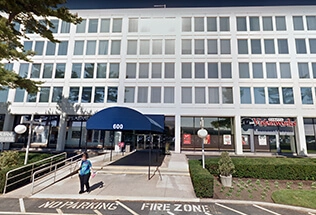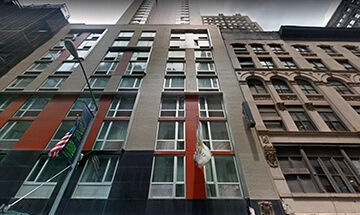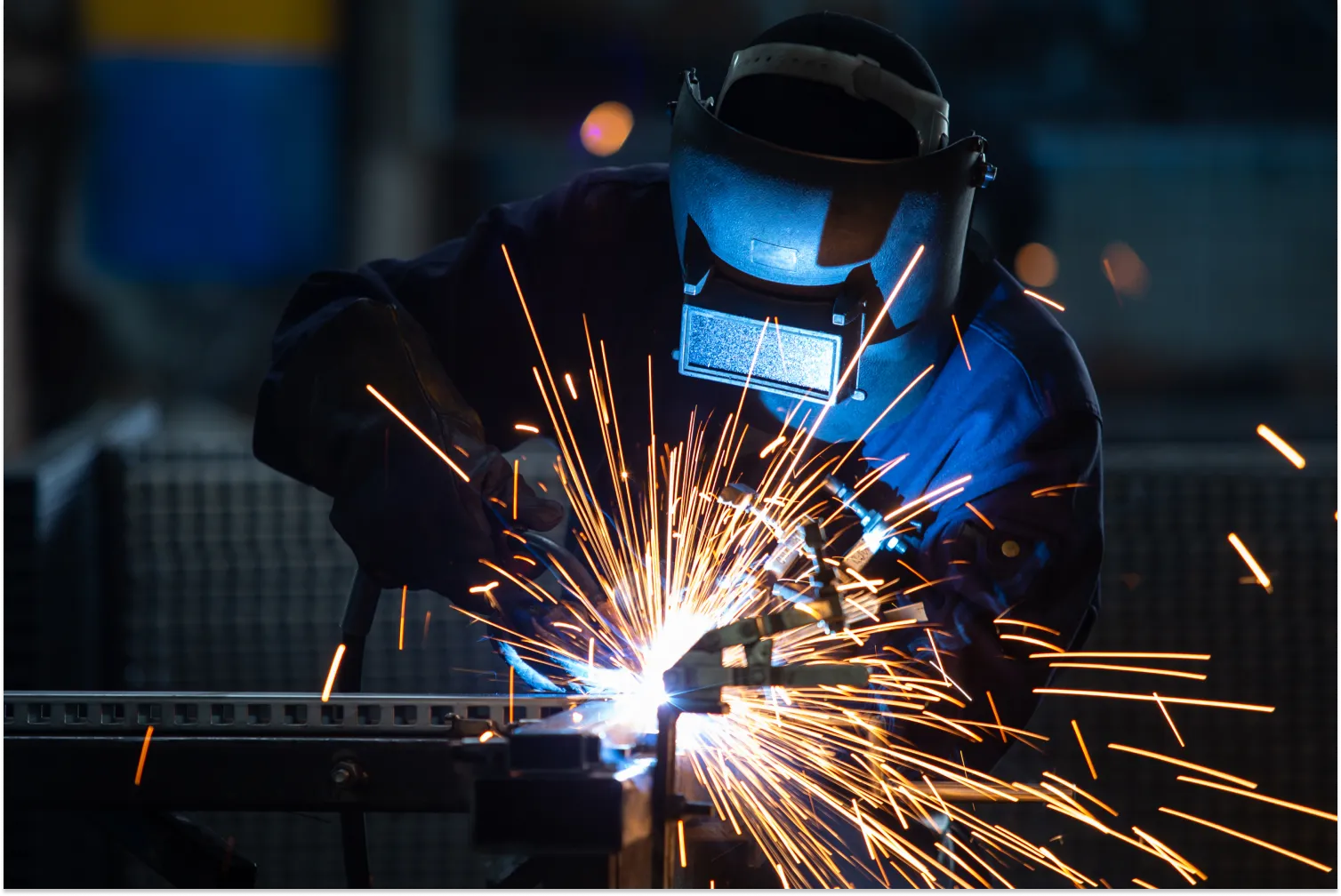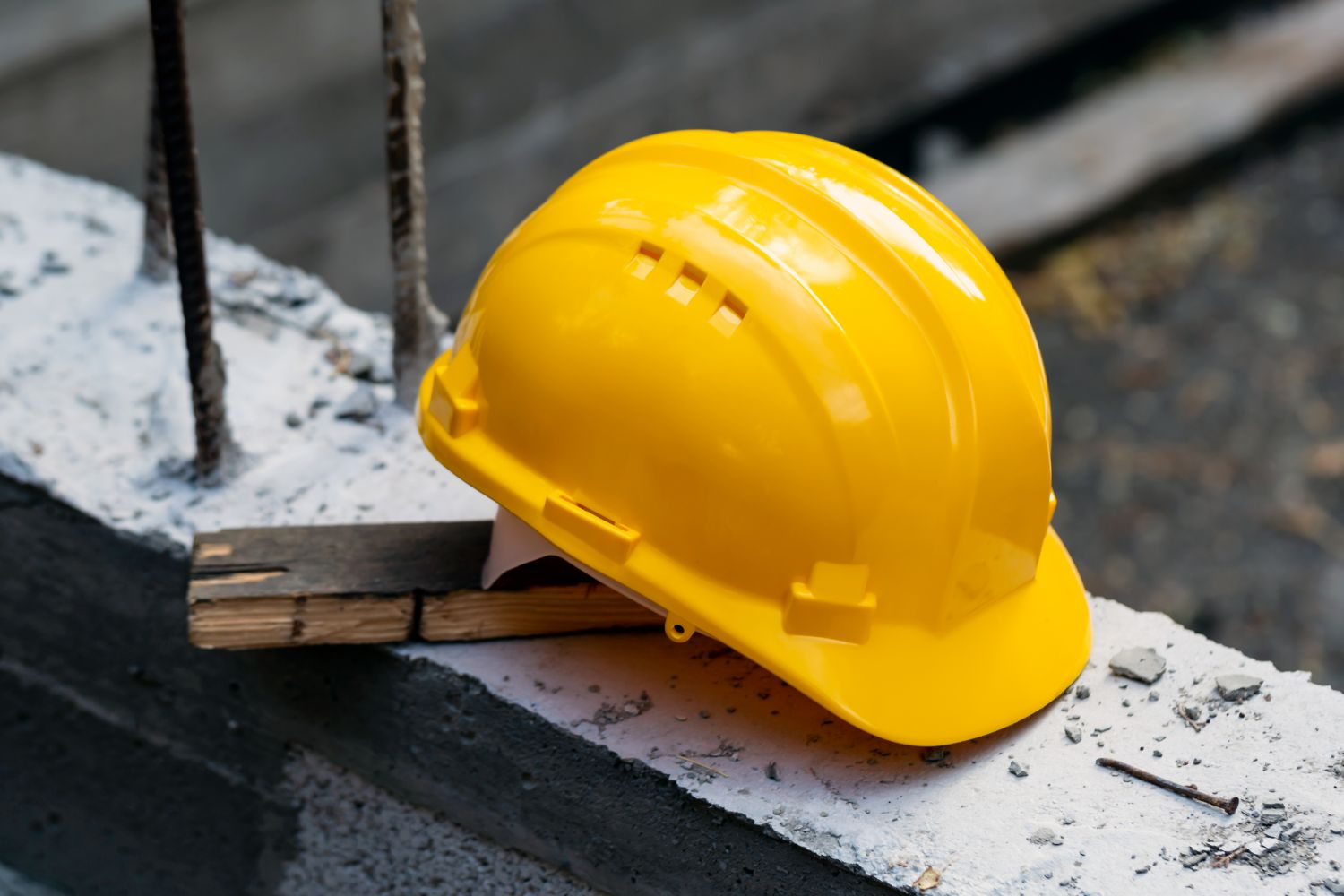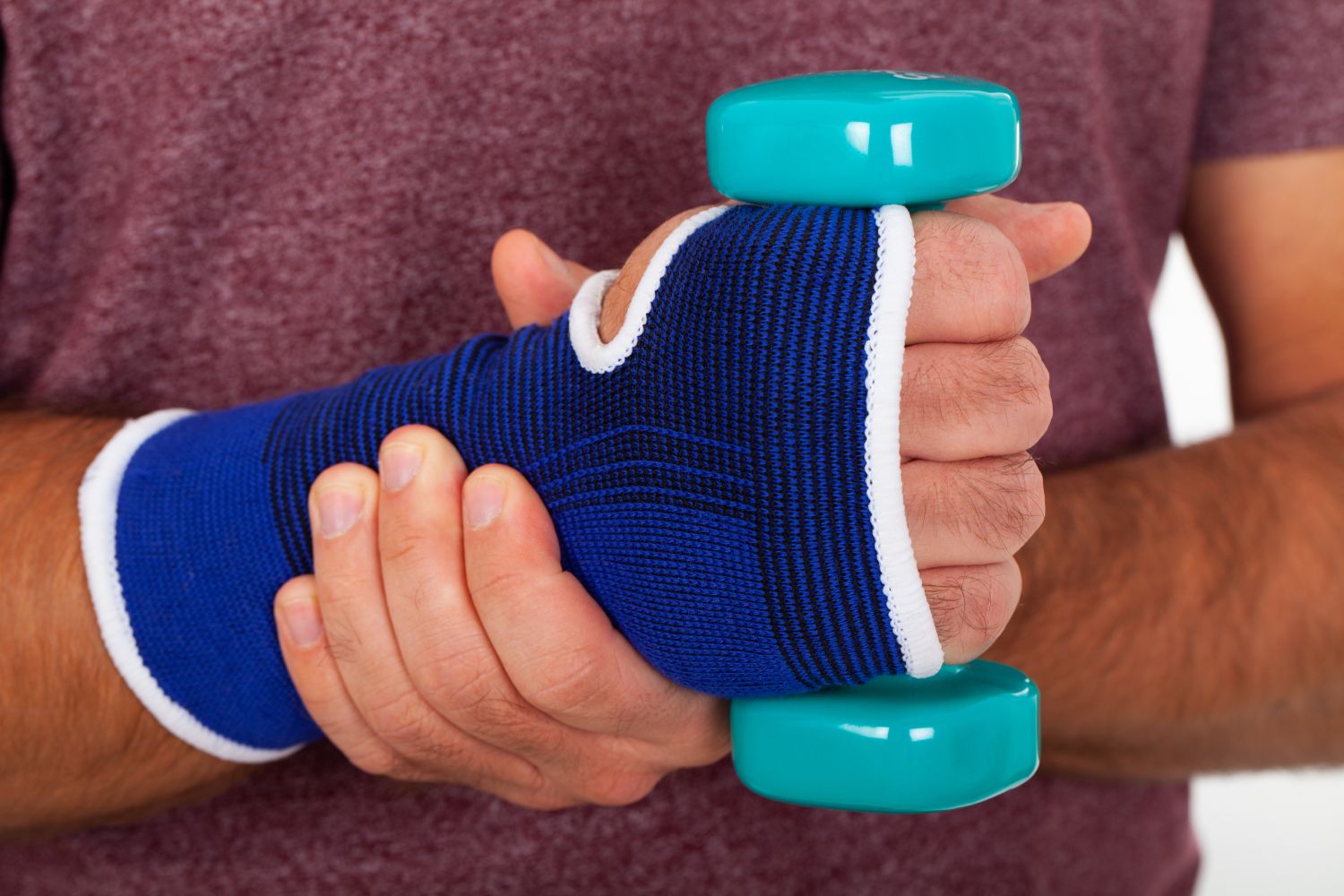It’s no stretch to say the modern world wouldn’t be possible with welding! Welders perform crucial tasks on worksites across the country, helping to build the infrastructure that makes America run.
However, welding has to be undertaken carefully, or the welder will likely be at risk for various injuries. If you’ve been injured on the job while welding, you might have grounds for a lawsuit, depending on the circumstances.
Read on to learn more about common injuries while welding and what you should do next, or contact Schwartzapfel Lawyers at 516-342-2200 or online for a free consultation.
What Are Common Welding Injuries?
Welding is the act of using intense heat to melt or merge two (2) pieces of metal together. It’s an integral part of many construction projects, so it’s not uncommon to find many welders at construction worksites and similar workplaces.
Welding is usually undertaken by experienced welders who know how to use hot, dangerous equipment properly and carefully, usually in conjunction with safety equipment. However, welding injuries can and do still occur, either because of ignorance, malpractice, lack of safety equipment, or other reasons.
According to the Bureau of Labor Statistics, welding and soldering equipment manufacturing leads to approximately (2.6) injuries per (100) workers each year, making welding one of the most dangerous construction occupations in the industry.
Some of the most common welding injuries include but are not limited to:
- Exposure to UV rays, which can lead to higher rates of skin cancer and burns
- Skin burns, ranging from minor to severe. Burns can appear from fire, sparks, or other flammable materials
- Exposure to infrared radiation, which can also lead to a host of negative health side effects
- Eye injuries because of excessive heat or brightness, which may lead to blindness or partial loss of vision
- Electrocution
- Toxic fume inhalation, particularly when welding in a confined space
- And more
Because of these injuries, many welders are required to wear equipment like safety goggles, breathing masks, and protective hand gear.
What Are Common Causes Of Welding Injuries?
Unfortunately, welding injuries can still happen at any time, even to experienced welders. Indeed, welding injuries occur for a variety of reasons, such as:
- A welder not having access to safety equipment but feeling like they need to complete a job before the end of the day because of supervisor or company pressure
- A welder using dangerous or poorly maintained equipment, thereby injuring themselves by accident
- A welder being forced to operate in a confined space without adequate ventilation or room to maneuver
In many cases, welding injuries are completely preventable. They often occur because of employer negligence or malpractice. In these incidents, the injured welder could recover workers’ compensation or, alternatively, sue their employer to recover damages.
What Should You Do If You’re Injured While Welding?
If you are injured while welding, it’s important to know what steps to take to minimize the damage and ensure that your injuries don’t become worse.
Here’s a step-by-step breakdown of what to do if you’re injured while on the job and welding or if you are injured by a welder by accident.
Get Medical Attention
Your first step should be to get medical attention right away, either for yourself or for someone else who has been injured while welding. Welding injuries can be very severe and get much worse if they aren’t treated ASAP.
Don’t worry about suing anyone or assigning blame for the accident or incident. Get yourself checked into the hospital or examined by a paramedic as soon as you can.
This rule holds even if you aren’t 100% sure whether you have been injured or not. For example, if your skin feels strange or if your eyes feel odd, get checked out quickly.
Sometimes, welding injuries may not manifest or become apparent immediately, or they might only demonstrate symptoms until several hours after the fact. A trained medical professional will likely know what to look for and how to treat your injuries at the earliest signs of harm.
File An Injury Report
Once you are stabilized, or once a medical professional gives you the all-clear, you should file an injury report with your workplace. This is an important step for two (2) reasons:
- It could be an important piece of evidence for a future lawsuit against your employer
- You’ll need to file an injury report to collect workers’ compensation, which is often a wise choice
Your injury report should go into all the details that are relevant and related to the case at hand. Be 100% honest; any indication that you fibbed with some of the details or misrepresented what happened could compromise your efforts to get workers’ comp payments or lawsuit damages.
Speak To Attorneys About Further Options
At this point, it might be a good idea to talk to experienced construction accident attorneys about your legal options. If you believe your employer is liable for your injuries, you may have the option to sue them. But your attorneys will likely tell you that it’s a difficult road and it should only be taken under the right circumstances.
If you have questions or want to know more about your full legal possibilities, get in touch with Schwartzapfel Lawyers right away online or at 516-342-2200. Our experienced attorneys have helped hundreds of New Yorkers just like you recover compensation from irresponsible, negligent employers, and we can do the same thing for you when you call us today.
Workers’ Comp Vs. Suing Your Employer: Which Is Better?
If you’re injured in the workplace from a welding injury, you have two broad options: suing your employer for damages or collecting workers’ compensation. Many New Yorkers don’t know which of these options is better.
Workers’ compensation has an advantage in that you’ll receive money much more quickly compared to suing your employer. Even a very successful, streamlined lawsuit will probably take several months to resolve, if not several years. That’s doubly true if there is any wiggle room or gray area in the evidence you and your attorneys are able to collect.
In contrast, workers’ comp payments will likely start several weeks after your injury, helping you stabilize your finances and pay for medical bills as they pop up. Because of this, workers’ compensation is often financially better for injured workers, especially those who require surgeries or physical therapy.
However, it’s never a bad idea to broach your options with your attorneys. For example, if your attorneys tell you that there is a wealth of evidence showing that your employer was negligent and the root cause of your welding injuries, it might be smarter to sue them.
Most cases don’t go all the way to court or a trial. Instead, your employer might offer you a significantly higher settlement compared to the workers’ comp payments you would collect otherwise. Depending on the advice of your attorneys, you can accept that settlement or push all the way to trial.
What Can You Receive If Your Trial Succeeds?
If your trial is successful, your employer might be forced to pay you damages for the following things:
- Emotional damages, called pain and suffering compensation
- Compensation for past and future medical bills related to the welding accident
- Compensation for money lost if you had to spend any time away from work at home or recovering in the hospital
- Treble damages to punish your employer or the other party responsible, if applicable (and if the court deems it necessary – these are rare damages for most cases)
- Compensation for lost abilities if your injuries were debilitating or sufficiently severe as to result in a disability (e.g., you lost your sight)
It may be that a lawsuit could recover significantly more financial compensation than you think. Every case is different, so don’t hesitate to speak to your lawyers about what makes the most sense for your unique situation.
Contact Schwartzapfel Lawyers Today
As you can see, there are many different welding injuries you or a loved one can sustain. But if you’ve been injured on the job while welding, you might have grounds for a successful lawsuit against your employer.
To do that, you’ll want to get in touch with Schwartzapfel Lawyers right away. Our experienced workers’ compensation and personal injury attorneys are well-equipped and ready to assist with your case, and we are committed to helping you recover damages to pay for your medical bills and more.
Contact us today online or at 516-342-2200 for a free case evaluation. One phone call could save you miles of headache and heartache down the road!
DISCLAIMER: Nothing on this page should be considered legal advice. You should seek the appropriate counsel your situation requires. For more information, call 1-516-342-2200 now!
Sources:
Schwartzapfel Lawyers P.C. | Fighting For You
Employee’s Report of Injury Form | OSHA
Workers’ Compensation Coverage Requirements | Workers’ Compensation Board of New York
Workers’ Compensation Understanding the Claims Process | Workers’ Compensation Board of New York



